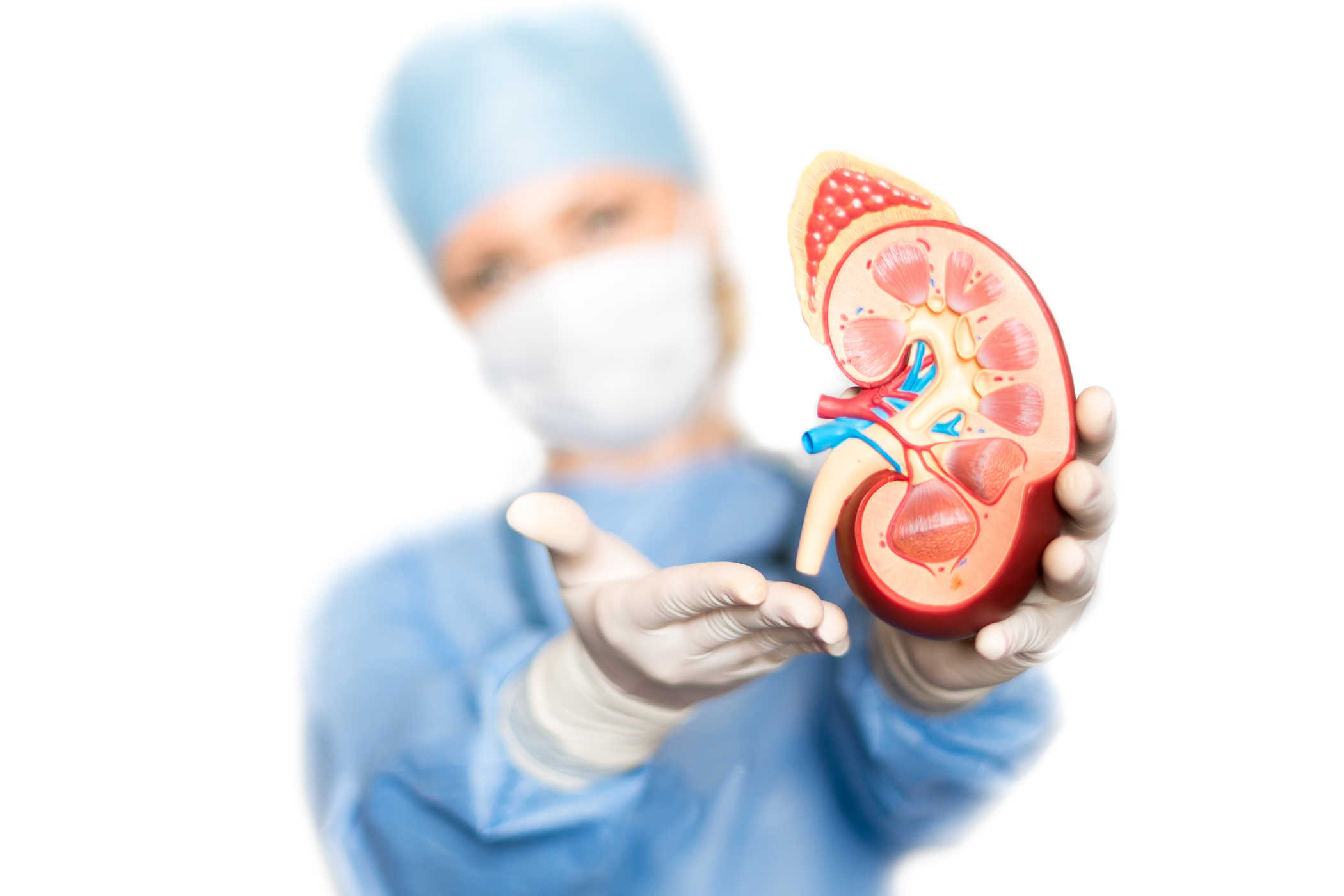Contents:
- Medical Video: Kidney Disease: What You Should Know | UCLAMDCHAT Webinars
- What is chronic kidney disease?
- Various facts about chronic kidney disease
- What causes chronic kidney disease?
- What are the symptoms of chronic kidney disease?
- What happens if my test results show I might have chronic kidney disease?
Medical Video: Kidney Disease: What You Should Know | UCLAMDCHAT Webinars
What is chronic kidney disease?
Chronic kidney disease includes conditions that damage the kidneys and reduce their ability to keep you healthy by doing the work you should. If kidney disease worsens, dirt can accumulate high in the blood and make you sick. You can develop complications such as high blood pressure, anemia, weak bones, poor nutrition and nerve damage. Kidney disease also increases your risk of having heart and blood vessel disease. These problems can occur slowly over a long period of time.
Chronic kidney disease can be caused by diabetes, high blood pressure, and other disorders. Early detection and treatment can often keep chronic kidney disease from getting worse. When kidney disease occurs, maybe eventually it can cause kidney failure, which requires dialysis or kidney transplant in order to survive.
Various facts about chronic kidney disease
- Early detection can help prevent the development of kidney disease to kidney failure.
- Heart disease is the leading cause of death for all people with chronic kidney disease.
- Glomerular filtration rate (GFR) is the best estimate of kidney function.
- Hypertension causes chronic kidney disease and chronic kidney disease causes hypertension.
- Persistent proteinuria (protein in urine) indicates the presence of chronic kidney disease.
- High risk groups include those with diabetes, hypertension and a family history of kidney failure.
- African races, Hispanics, Pacific Islanders, Indians, and elderly people are at high risk of this disease.
- Two simple tests can detect chronic kidney disease: blood pressure, urine albumin and serum creatinine.
What causes chronic kidney disease?
The two main causes of chronic kidney disease are diabetes and high blood pressure, which are responsible for 2/3 of cases. Diabetes occurs when your blood sugar is too high, causing damage to many organs in your body, including the kidneys and heart, as well as blood vessels, nerves and eyes. High blood pressure, or hypertension, occurs when your blood pressure against blood vessel walls increases. If it is not controlled, or is under control, high blood pressure can be a major cause of heart attacks, strokes and chronic kidney disease. Chronic kidney disease can also cause high blood pressure.
Other conditions that affect the kidneys are:
- Glomerulonephritisa group of diseases that cause inflammation and damage to the kidney filtering unit. This disorder is the third most common type of kidney disease.
- Hereditary disease, such as polycystic kidney disease, which causes large cysts to form in the kidneys and damage surrounding tissue.
- Y malformationoccurs when the baby develops in the mother's womb. For example, constriction can occur and prevent normal flow of urine and cause urine to flow back to the kidneys. This causes infection and can damage the kidneys.
- Lupus and other diseases that affect the immune system.
- Barrier caused by problems such as kidney stones, tumors or enlargement of the prostate gland in men.
- Recurrent urinary tract infections.
What are the symptoms of chronic kidney disease?
Most people may not have severe symptoms until their kidney disease develops more severely. However, you may be aware of the following:
- feel more tired and have less energy
- have difficulty concentrating
- have a bad appetite
- having trouble sleeping
- experience muscle cramps at night
- swelling of the legs and ankles
- swelling around your eyes, especially in the morning
- have dry, itchy skin
- urinate more often, especially at night.
Anyone can get chronic kidney disease at any age. However, some people are more likely to develop kidney disease. You may have a high risk for kidney disease if you:
- have diabetes
- have high blood pressure
- have a family history of kidney failure
- older age
- including groups of people who have high rates of diabetes or high blood pressure, such as African races, Hispanics, Asians, Pacific Islanders, and Indians.
What happens if my test results show I might have chronic kidney disease?
Your doctor will determine the diagnosis and check your kidney function to help plan your treatment. The doctor may do the following:
- Calculating your Glomerular Filtration Rate (GFR), which is the best way to find out how many kidney functions you have. You don't need to do another test to find out your GFR. Your doctor can calculate creatinine in your blood, age, race, gender and other factors. Your GFR tells your doctor your kidney disease level and helps the doctor plan your treatment.
- Perform an ultrasound or CT scan to get a picture of the kidneys and urinary tract. This will tell the doctor whether the kidney is too big or too small, whether you have problems such as kidney stones or tumors, and whether there are problems in the structure of the kidneys and urinary tract.
- Doing a kidney biopsy, which is done in several cases to check for certain types of kidney disease, see how much kidney damage has occurred and help with the treatment plan. To do a biopsy, the doctor removes small pieces of kidney tissue and examines them under a microscope.
Your doctor may also ask you to see a kidney specialist who will be your case consultant and help manage your care.












